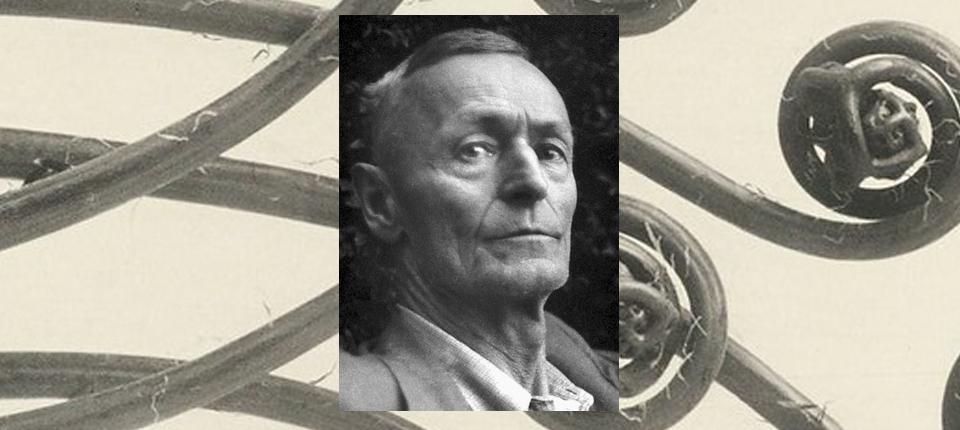The Best of the Literary Internet, Every Day

TODAY: In 1877, Hermann Hesse is born.
- “This is technically and actually a nonstandard use of English, and one that I hardly imagine will take off—but it is unique to me, my family, and my identity, just like my use of ‘like’ and other filler words are.” Megan C. Reynolds on the linguistic quirks that contribute to the diversity of the English language. | Lit Hub Memoir
- Danielle Dutton talks to Pip Adam on the possibilities of politically engaged speculative fiction. | Lit Hub In Conversation
- “Beyond all the hard work, maybe this was made possible by the earned life experience, the years of rejection and passes, the menopausal self-confidence.” Jessica Berger Gross on the special euphoria of debuting as a novelist in her 50s. | Lit Hub Craft
- Laurie Sheck on resignation syndrome and the dehumanizing impact of deportation on children. | Lit Hub Politics
- Lauren O’Neill Butler describes how Third Ward in Houston, Texas became a hub of Black art, culture, and opportunity. | Lit Hub History
- Read the bestselling Italian debut novel The Letter Carrier by Francesca Giannone, translated by Elettra Pauletto. | Lit Hub Fiction
- “We are the villains in their stories, the fabric of their nightmares.” Mohammed El-Kurd offers a guide to fielding even the most ridiculous anti-Palestinian smears. | The Nation
- Keith Houston considers the language of Emoji. | Longreads
- “What is worth preserving, and what do we feel comfortable off-loading in the name of efficiency?” Hua Hsu on the end of the college essay, and what comes next. | The New Yorker
- Nitish Pahwa looks into the court cases that will decide whether AI companies can train their bots on copyrighted material. | Slate
- “It mines real life for material, and finds in that reality something more profound than what can be imagined by pure invention.” Ben Libman revisits André Breton’s surrealists classic, Nadja. | The New York Times
Article continues after advertisement
